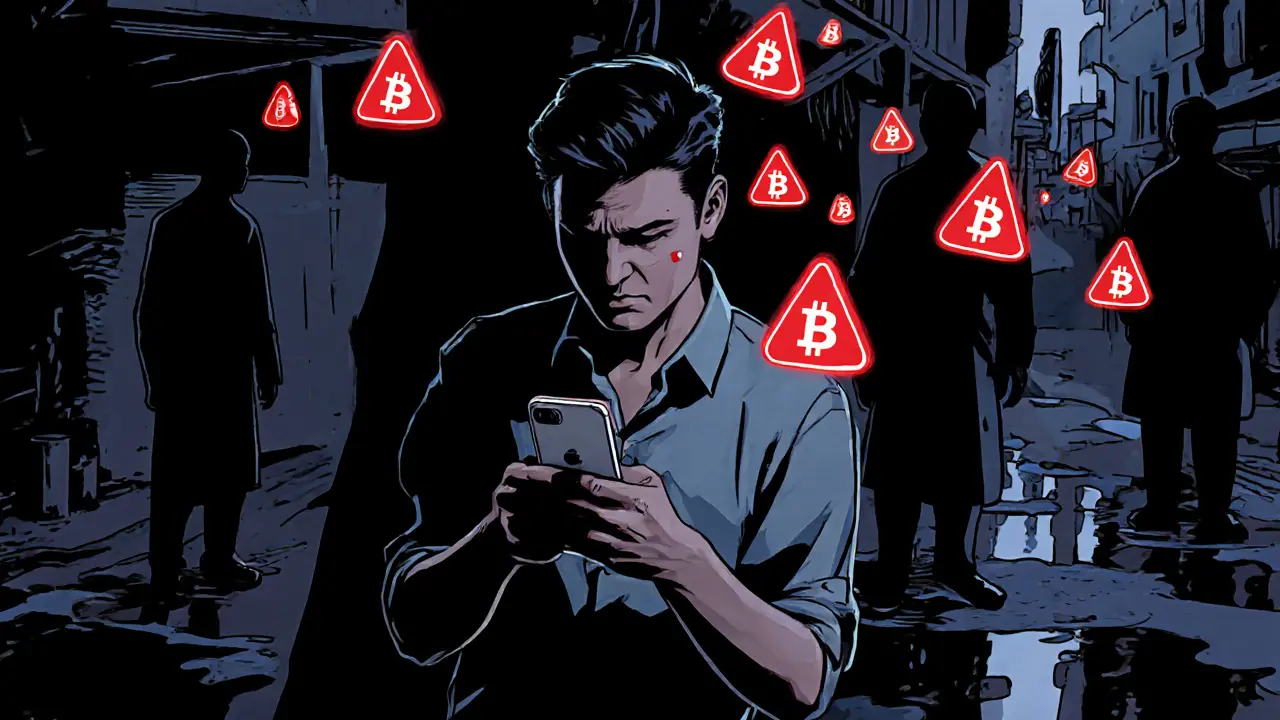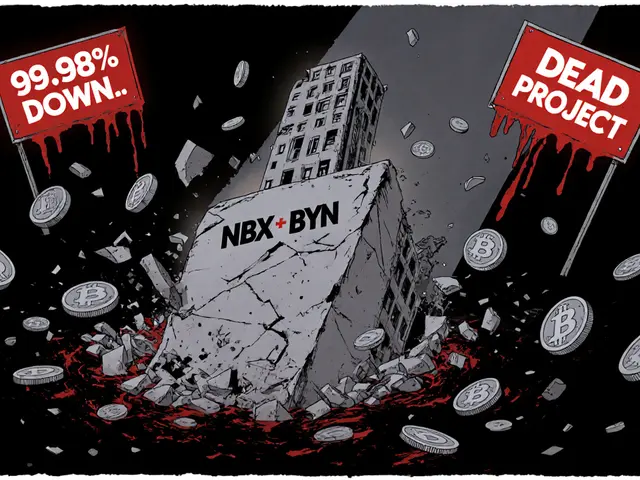Bitcoin Ban in Bangladesh: What It Means and How It Compares to Other Countries
When the Bitcoin ban in Bangladesh, a strict government prohibition on using Bitcoin and other cryptocurrencies for transactions or exchanges. Also known as a crypto prohibition, it’s one of the toughest stances in South Asia. The Bangladesh Bank, the country’s central bank, declared all cryptocurrency transactions illegal in 2017, calling them a threat to financial stability and a tool for money laundering. Unlike countries that regulate crypto, Bangladesh doesn’t allow even private peer-to-peer trades. This isn’t just a warning—it’s a legal offense. People caught trading Bitcoin can face fines or jail time under the Money Laundering Prevention Act.
But here’s the twist: the ban hasn’t stopped people from using crypto. Many Bangladeshis still trade Bitcoin through peer-to-peer platforms like LocalBitcoins or via WhatsApp groups, often using Tether (USDT) to avoid currency controls. It’s not about wanting to gamble—it’s about sending money home. Millions of Bangladeshis work overseas and rely on remittances. Traditional banks charge high fees and take days. Crypto, even if illegal, moves faster and cheaper. This is why the ban feels more like a policy gap than a real solution. Compare this to Iraq, a country that also banned crypto but is now building a central bank digital currency (CBDC), or Turkey, which imposed strict licensing rules in 2024 to bring crypto under oversight instead of banning it outright. Bangladesh hasn’t taken either path. It’s stuck in enforcement limbo.
What’s missing from the ban? A clear alternative. The central bank hasn’t rolled out a digital taka. No one’s teaching people how to use regulated platforms. Meanwhile, crypto-savvy users are learning from places like El Salvador, where Bitcoin became legal tender despite global skepticism, or the Philippines, where regulators cracked down on unlicensed exchanges but still let people trade. In Bangladesh, the message is simple: don’t use it. But the reality is more complex. People are using it anyway—quietly, carefully, and often illegally.
What you’ll find in the posts below are real stories and breakdowns of how countries handle crypto bans, what works, what fails, and how people adapt when governments say no. Some posts dig into how Iraq’s ban compares to Bangladesh’s. Others show how Turkey’s rules changed everything overnight. You’ll also see how users in places with strict rules still find ways to trade, invest, and survive. This isn’t about promoting crypto. It’s about understanding the gap between policy and practice—and what that means for real people trying to get by.

Bangladesh bans Bitcoin trading, but enforcement targets money movement, not ownership. Learn how authorities track users, the real legal risks, and why people still trade despite prison sentences and asset seizures.
Continue Reading





